By NR Mohanty
The president of the JNU Students’ Union (JNUSU) has been arrested on sedition charges in the aftermath of the uproar over the Afzal Guru protest. The question is: should the students’ union president be held responsible for acts by individual members of the student body? In my view, a students’ union president must be held accountable for the actions of the JNUSU, the collective body, not that of individual organisations within the university, mainstream or fringe.
It has not been clearly established if a mainstream student organisation was involved in conducting the event that hero-worshipped Afzal Guru, whose terrorist links have been established by the highest court of justice. ABVP and NSUI, student organisations of the BJP and Congress, are ruled out because of obvious reasons – BJP was in the forefront demanding the execution of Afzal Guru and the Congress government hanged him.
That leaves the onus on three left outfits in the campus: SFI, affiliated to CPI (M), AISF, student body of the CPI, and AISA, a radical left group. All three have condemned the anti-India slogans in the protest rally. The JNUSU, in which they are represented, has categorically distanced itself from the event and asserted that those who undermine the Constitution of India must be taken to task.
Kanhaiya Kumar, president of the JNUSU and leader of the AISF, has said that like every other Indian, he believed in the supremacy of the Constitution. To leave no one in doubt, he has also said that he considered Kashmir an integral part of India, not a ‘disputed’ territory.
Why should he be arrested then if some fringe elements – who are yet to be identified – raised anti-India slogans? After all, a JNUSU president has no control over the actions of individual students. If it is a question of constructive responsibility, then by extending that logic, the chief minister of a state must be hauled up for the ‘anti-national’ activity of any resident in the state, a ridiculous proposition.
Having been the president of the JNUSU years ago, I faced a similar situation, though it was an incident outside the campus. Some students of JNU had then gone for a late evening show to the nearby Priya Cinema. They had a scuffle with the cinema staff who tried to shuffle some students around to accommodate a few special guests. The scuffle took an ugly turn when some students were evicted. They threw stones and smashed the glass façade and damaged property.
When I learned of the incident, I rushed to the cinema with some friends to take stock of the situation. Students had already fled, but a big police force had arrived. I was arrested once I identified myself. Some students ran back to the campus to inform the administration about my arrest. The vice chancellor, Prof PN Srivastava (PNS to the then JNU community), accompanied by other top officials of the university administration, reached the spot in half an hour. The vice chancellor requested the deputy commissioner of police present there, Ajay Agarwal, that I should be released as I was not involved in the incident. But the DCP told the VC that I must name the culprits if I wanted to be set free. Prof Srivastava told Agarwal that I should not be expected to give police the intelligence inputs. If the police so desired, they could conduct the investigation in the campus the next day and university officials would co-operate, the VC said. But Agarwal curtly told the VC that the police did not need his permission to initiate an investigation in the campus. The VC shot back: “Mr Agarwal, remember this, you cannot set foot in my campus without my permission”. After this exchange, the VC left.
A furious DCP sent me to a police station before I was to be produced before a magistrate next morning. But this was not to be. The VC came back to his residence and spent the night trying to get in touch with senior police officers to apprise them with the situation and set me free. Thanks to his nightlong efforts, and interventions at the highest level of police hierarchy, I was released early in the morning. In fact, a police jeep dropped me at the VC’s residence. Prof Srivastava welcomed me back with a cup of coffee.
Should not the current vice chancellor have taken a cue from PNS and opposed the arrest of the students’ union president for a crime he has not committed? I think he should have, but then to take such a courageous stand a VC needs to have the moral fibre to withstand political pressure. Unfortunately, not many VCs are cast in the PNS mould.


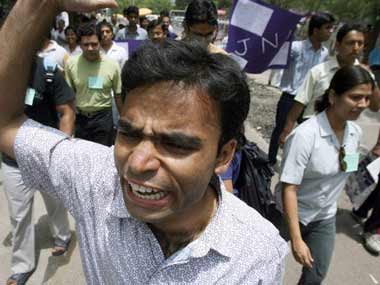)




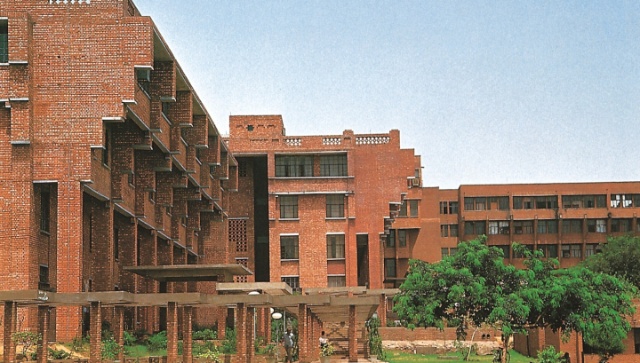)
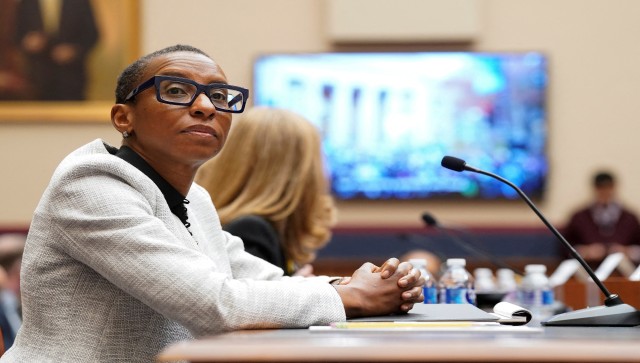)
)
)
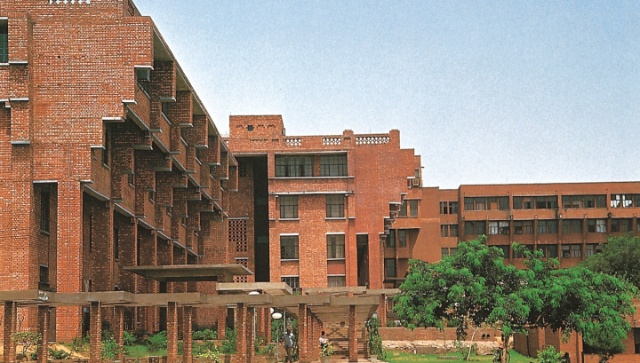)
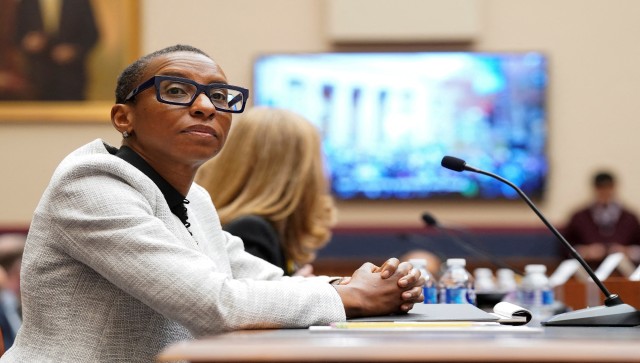)
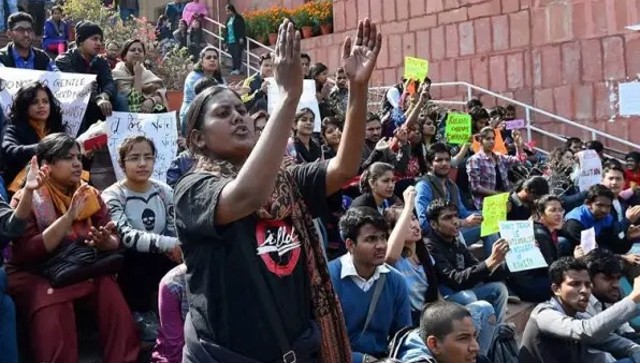)
)